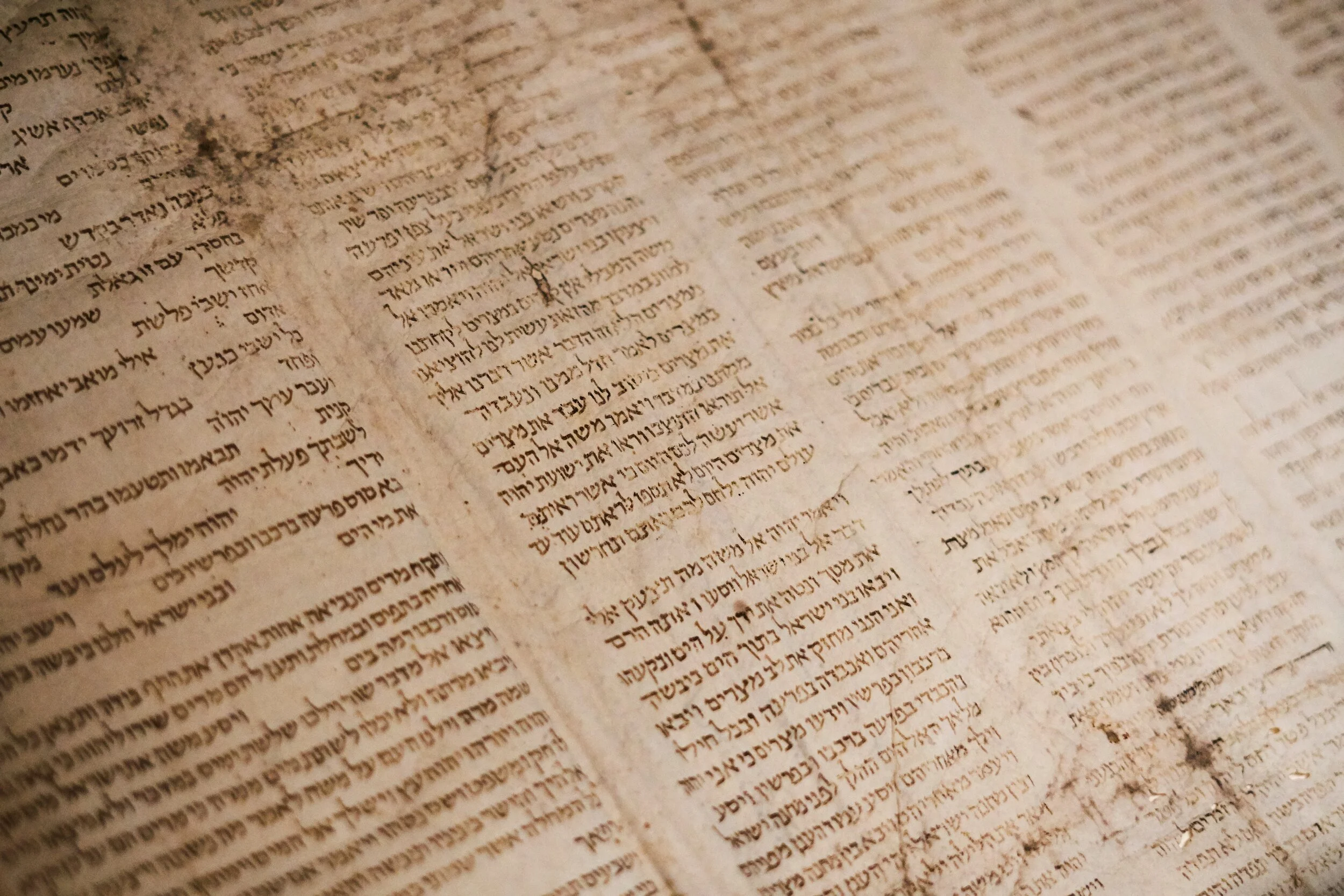
New Covenant Fasting
Fasting in the New Covenant
New Covenant fasting is profoundly different from Old Covenant fasting.
Take a look below in order to gain new insight into this powerful tool.
What is Old Covenant Fasting?
A requirement by the law of Moses once a year on the Day of Atonement (Lev 16:29-30; 23:27-31; Num 29:7; Jer 36:6; Acts 27:9)
It was about dealing with people’s sins; temporary covering of sins with animal sacrifice
Included wailing with sackcloth and ashes to demonstrate grief and repentance for sin
Fasting outside the Day of Atonement was voluntary and done for distress, grief, or repentance (included tearing clothes, throwing dush and ashes on your head, wearing rough sackcloth, not washing or grooming)
Examples of Old Covenant fasting include the famous Isaiah 58 fast that God desires
What was the purpose of Old Covenant fasting?
Temporary cleansing from sin (Day of Atonement, Lev 16:30)
To change yourself and your wicked heart
Get God to do something
Get closer to God
To try to get free from sin
Jesus accomplished all the above on the cross; trying to still do those things ourselves is naïve and a slap in the face of Jesus (as if what He did was not enough)

Jesus accomplished all of the above on the cross.
Why we are NOT to fast like in the Old Covenant?
Jesus transitioned us from law to grace (John 1:15-17; Rom 6:14; Eph 2:8-9)
Jesus forgave all our sins on the cross (John 1:29; 1 John 2:2; 1 John 3:5; Hebrews 9:12; Romans 3:23-25)
Jesus has already set us free from sin and guilt (Rom 6:18, Col 1:20-22, 1 Cor 6:11)
Jesus gave us everything we need for life and for godliness (2 Peter 1:3-4)
Jesus gave us His fullness and grace upon grace (John 1:16)
Old Covenant fasting is a complete lack of understanding of what Jesus accomplished on the cross.
What Jesus Taught about Fasting:
Jesus began his ministry with a 40-day fast (Matt 4:1-2)
Jesus taught them, “when you fast” to not do it like the Old Covenant (Matt 6:16)
Jesus insisted that fasting was not to be done by His disciples as long as He—the bridegroom—was with them (Matt 9:14-15; Mark 2:18-20; Luke 5:33-35).
Jesus expected that His disciples would fast after bridegroom is taken away (Matt 9:15, Mark 2:20, Luke 5:35)—this gives us insight into the purpose of fasting
Jesus explains fasting with the analogies of the new wine and old wineskin, and unshrunk cloth and old garment (Matt 9:14-17)—showing us that the way fasting is done in Christ (under grace) must be different

Fasting Under Grace
The Purpose
Being with Jesus – being with the bridegroom; longing for more of Jesus
Heightening our awareness of God – being in tune with God; hearing Him more clearly
Decluttering – clearing our mind; removing blockages that prevent hearing and intimacy
Fasting is not a legalistic routine or requirement, but a privilege into greater intimacy with Jesus.
Fasting in the Early Church
Acts 13:2-3 NASB
“While they were ministering to the Lord and fasting, the Holy Spirit said, “Set apart for Me Barnabas and Saul for the work to which I have called them.” 3 Then, when they had fasted and prayed and laid their hands on them, they sent them away.”
Acts 14:23 NASB
“When they had appointed elders for them in every church, having prayed with fasting…”
What Fasting Does Not Do:
Move God or get him to finally do something for you
Get your prayers answered, answered faster, answered at all
Make you more righteous, acceptable or pleasing to God
Make you more Christ-like, spiritual or holy
Make you closer to God (you are already one with Him – 1 Cor 6:17)
Make God release more love, power, blessings or anointing
Make God give you more favor, faith, honor or wealth…
Types of Fasts Found in the Bible:
Normal fast - abstaining from all food, but not from water. (Jesus—Luke 4:2 “ate nothing”)
Since the body can normally function no longer than three days without water, it is assumed that Jesus drank water during this time.
Partial fast - limits food, but not abstaining from food completely (Daniel for 10 days—Daniel 1:12)
Historically, Christians have observed partial fasts by eating much smaller portions of food than usual for a certain time and/or eating only a few simple foods.
Absolute fast – no food or drink (Ezra—Ezra 10:6; Esther—Esther 4:16; Paul—Acts 9:9)
Supernatural fast – 40 days and nights without food or drink (Moses—Deut 9:9; Elijah—1 Kings 19:8)
These fasts required God’s supernatural intervention and are not repeatable apart from God’s specific calling and miraculous provision.
Private fast – fasting in a way not to be noticed by others (Matt 6:16-18)
Congregational fast – fasting corporately with a group of people (Joel 2:15-16; Acts 13:2; 2 Chron 20:3; Neh. 9:1; Esther 4:16; Jonah 3:5-8; Lev 16:29-31; Zech 8:19)



